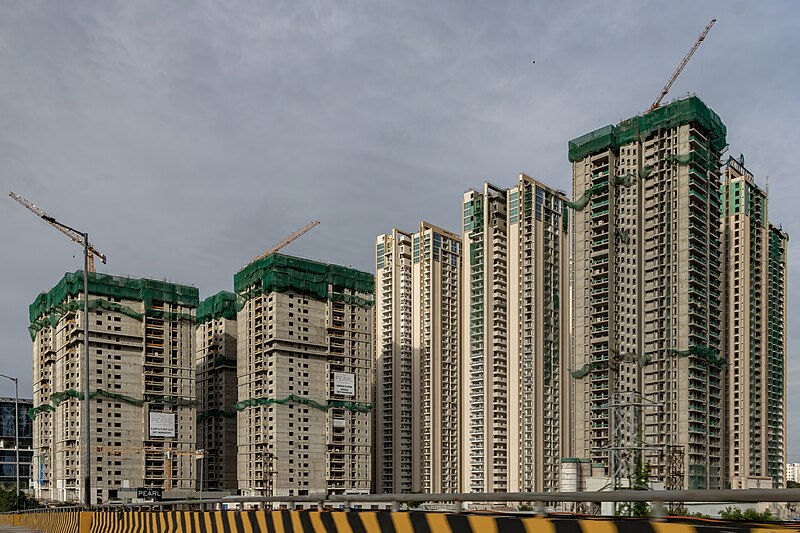 Indian Economy
Indian Economy
India can achieve sustainable growth of up to 8% in the coming years: RBI Governor Shaktikanta Das
Mumbai/IBNS: Reserve Bank of India (RBI) Governor Shaktikanta Das said India has the potential to achieve sustainable economic growth of up to 8 percent in the medium term.
The RBI chief's remarks follow recent data showing that India's gross domestic product (GDP) slowed to 6.7 percent in the second quarter, down from 8.2 percent during the same period last year.
This deceleration has intensified calls for the central bank to consider initiating a rate-cutting cycle sooner.
In an exclusive interview with CNBC’s Tanvir Gill on Friday, RBI chief Shaktikanta Das expressed his optimism about India’s growth prospects.
Das projected a growth rate of 7.5 percent for the next few years, with potential for even higher growth.
Das acknowledged the challenge in defining what constitutes healthy growth for the world’s most populous nation but suggested that a range of 7.5 percent to 8 percent could be sustainable over the medium term.
In an August bulletin, the RBI forecasted a real GDP growth rate of 7.2 percent (adjusted for inflation) for both 2024-2025 and the first quarter of the 2025-2026 fiscal year, with risks evenly balanced on either side.
India has previously been recognized by the International Monetary Fund (IMF) as the "world’s fastest-growing major economy."
Goldman Sachs predicts that India could become the world’s second-largest economy by 2075, surpassing Japan, Germany, and the United States, and trailing only China.
Despite these projections, India's growth rate has moderated in recent quarters. The IMF has warned that economic expansion may slow to 6.5 percent by 2025.
This comes at a time when several major central banks, including the European Central Bank, the Bank of England, and the Swiss National Bank, have started to ease monetary policy.
The US Federal Reserve is also anticipated to join the trend of rate cuts, which could further pressure India to adjust its own monetary policy.
Das noted the global trend of rate cuts, saying, “This seems to be the rate-cut season.”
However, he emphasized that RBI’s monetary policy decisions will be primarily driven by domestic macroeconomic conditions, including inflation and growth dynamics.
While global developments and actions by other central banks are considered, the RBI’s decisions are ultimately based on domestic factors.
Regarding the Fed’s upcoming interest rate decision, Das stated that India’s policy will not be influenced by the extent of any Fed rate cuts, whether 25 or 50 basis points.
He also indicated that the RBI’s Monetary Policy Committee (MPC) has not yet decided on a rate cut for early October.
“We will discuss and decide in the MPC, but as far as growth and inflation dynamics are concerned, I would like to emphasize that India’s growth story remains robust. We will evaluate inflation on a month-to-month basis before making any decisions,” Das clarified.
Support Our Journalism
We cannot do without you.. your contribution supports unbiased journalism
IBNS is not driven by any ism- not wokeism, not racism, not skewed secularism, not hyper right-wing or left liberal ideals, nor by any hardline religious beliefs or hyper nationalism. We want to serve you good old objective news, as they are. We do not judge or preach. We let people decide for themselves. We only try to present factual and well-sourced news.







